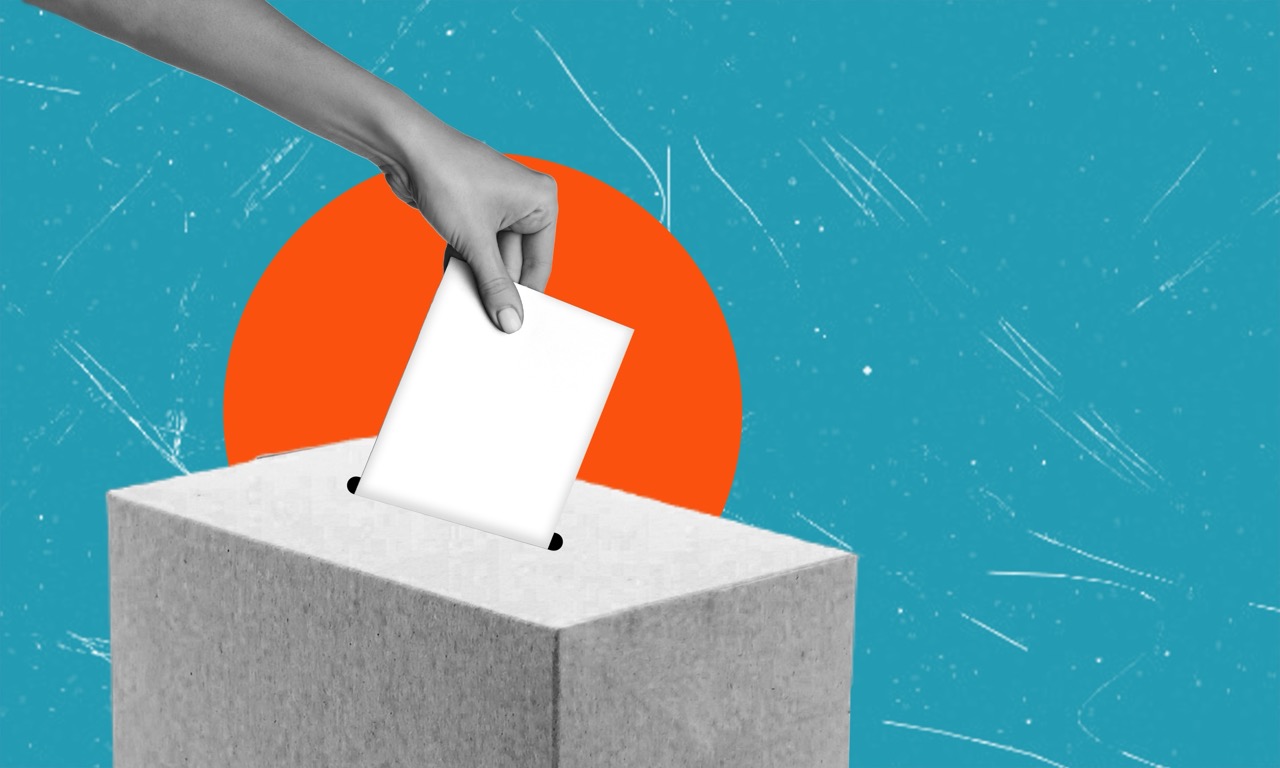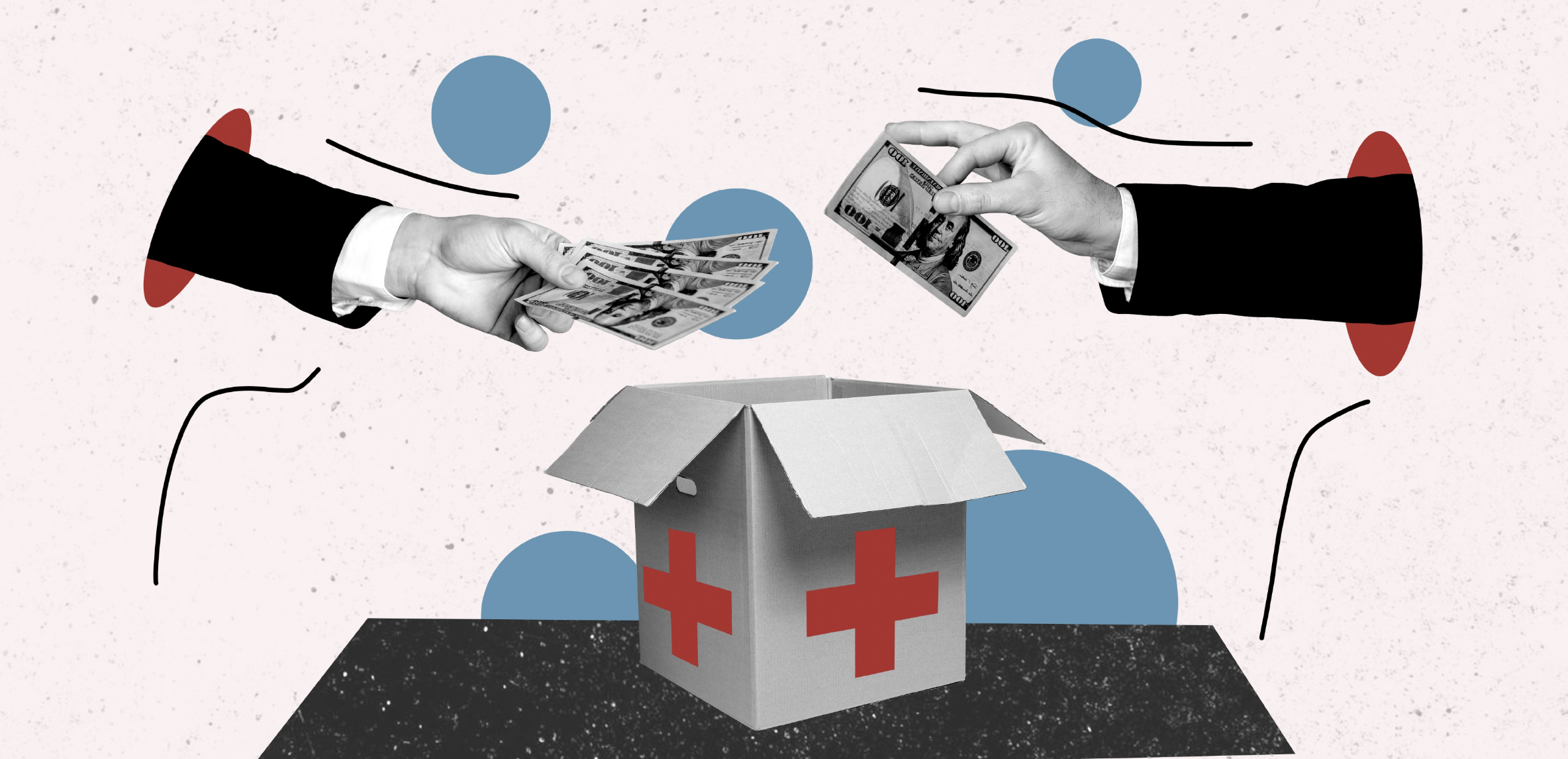Achieving alignment
As G7 leaders gather around the summit table for their 2024 meeting, one priority is strengthening the relationship with developing countries and emerging economies in Africa and the Indo-Pacific region, thus truly driving global change
The 2024 Italian presidency of the G7 set a busy schedule of ministerial meetings, taking place in different Italian cities, and culminating in the summit on 13–15 June. The 2024 annual G7 summit will take place in Borgo Egnazia in the region of Apulia in the south of Italy, a beautiful spot where culture, food and the environment attract thousands of tourists from all over the world.
What G7 leaders will personally discuss in June is difficult to forecast, given the fast and continuous changes in the geopolitical situation. The Italian prime minister, Giorgia Meloni, has set the G7 priorities for 2024 to focus on three main areas: global (in)security, emerging economies and migration, and artificial intelligence.
Global security is in danger due to Russia’s aggression against Ukraine, the situation in the Middle East and other conflicts, which all have direct consequences on the global agenda and on economic growth. On 24 February 2024, G7 leaders held a hybrid summit hosted by Prime Minister Meloni in Kyiv, alongside two fellow G7 leaders and Ukrainian president Volodymyr Zelensky. It firmly confirmed their help for Ukraine and condemned Russia’s aggression, two years after its start. On 14 April 2024, leaders met again virtually to take a position on the Middle East conflict currently involving Israel and Iran, and at risk of spreading throughout the region and beyond.
During the Apulia Summit, G7 leaders will again reaffirm their support for Ukraine, but it is unclear how they will handle the delicate issue of how to effectively promote rebuilding the country, without asking G7 taxpayers to provide any more money. The public debt of G7 countries has reached unprecedented levels, and cannot be leveraged any further. The European Union proposes directing the extraordinary revenues stemming from Russia’s sovereign immobilised assets through a World Bank reconstruction programme to benefit Ukraine. This is similar to what happened after conflicts in Europe in the 18th and 19th centuries. However, we should recall that the heavy burden of payments and hard punishments on Germany written into the 1919 Treaty of Versailles were at the root of the Second World War. To what extent this may be repeated for Russia is difficult to predict.
The relationship with developing countries and emerging economies in Africa and the Indo-Pacific region is central for Prime Minister Meloni. She launched the Mattei Plan for Africa to promote investments in education and training, health, water and sanitation, agriculture, energy, and infrastructure in African countries, with an approach that is “far from paternalistic or predatory logic”.
Migration is the result of food insecurity and climate change, among other drivers. Italy is the main entry point to Europe for millions of migrants. Innovative solutions should be agreed on by G7 leaders through taking concrete actions to support the countries of origin so people can safely stay home.
Risks and opportunities
G7 leaders believe that AI can generate important opportunities, but also enormous risks, as well as having impacts on geopolitical balances. Pope Francis has been invited to join the working session on artificial intelligence at Apulia; in his message on the 57th Peace Day in January 2024, he stated that AI should be used ethically and for peace. It is therefore necessary to develop governance mechanisms and ensure that AI is human-centred and controlled by humans. G7 leaders are expected to take a position on the principles and ethical limits of AI. The European Union recently introduced substantive regulations on AI to handle the consequences of its use, but a coordinated global approach is necessary to reduce arbitraging opportunities that reduce the business competitiveness of Europe.
G7 leaders will meet in Apulia on June 13–15, a few days after the European Parliament elections. Ursula von der Leyen, president of the European Commission, and Italy’s Giorgia Meloni will be the only women at the summit table. All the G7 leaders present will have participated in at least one summit, with some now well-seasoned veterans. They will continue to consolidate their mutual relationships, including with invited leaders from several emerging and developing countries, and will thus strengthen the impact of their commitments at the global level.
Given the complexity of the priorities on the agenda, the Apulia Summit will be successful if the leaders’ positions align with Italy’s proposals. While global (in)security has been addressed in the past, as has help for Ukraine, migration and AI are newer topics on which the leaders’ views are less coordinated. Italy and the United Kingdom have started to cooperate with countries beyond their borders (such as Albania and Rwanda) to manage migration, but this approach is not welcomed by some EU countries. On AI, Europe’s ‘excessive regulation’ can favour the United States and emerging economies, and may result in regulatory arbitrage. Italy has no national champion in this field, and might opt for a softer approach.












